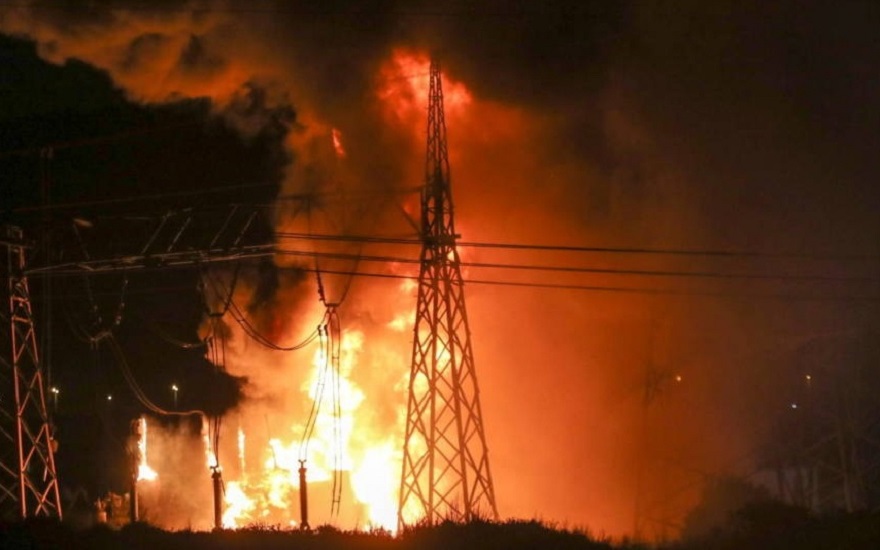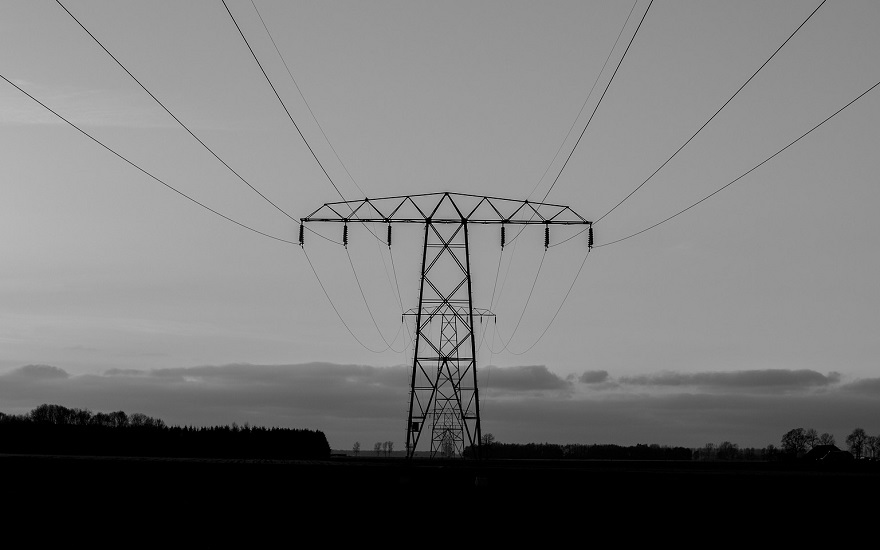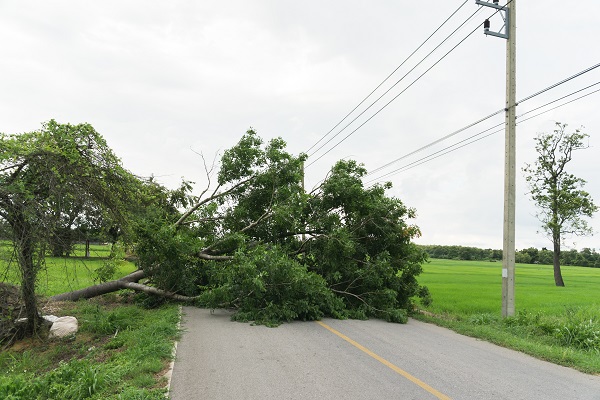Large parts of Israel were left without electricity after a widespread blackout the state-run grid operator blamed on “a malfunction in power production units”.
The outage around 1 am on Friday 30 October affected major cities including Jerusalem, Haifa, Beersheba, and Netanya, as well as the Tel Aviv suburbs of Ramat Gan, Givatayim and Rishon Lezion.
The Israel Electric Corporation (IEC) denied rumours the outage was linked to a potential cyberattack.
Oren Hellman, IEC’s Senior Vice President, told the country’s public broadcaster Kan: “It was not a cyber incident, but a technical glitch. A short on a key line as a result of moisture”.
Israel’s National Cyber Security Authority also rejected any suggestion of a cyber breach.
The Jerusalem Post reported IEC explaining the power loss on a “problem with the conduction system that caused a power station in the south of Israel to stop working”. The incident led to a chain reaction across large swathes of the country.
Video uploaded on Kan’s social media channels showed a neighbourhood in Jerusalem shrouded in darkness. Traffic and streetlights were out of action across the country.
While the IEC website and telephones also went offline as people across the country scrambled for information.
תיעוד מהחושך בשכונה בירושלים עקב הפסקת החשמל@ittaishick pic.twitter.com/0M6whTsjSy
— כאן חדשות (@kann_news) October 29, 2020
The publicly-owned Israel Electric Corporation is the state’s sole integrated electricity company. It is responsible for roughly 75% of Israel’s total power generation capacity.
It operates 16 power stations with a combined installed capacity of nearly 13,000 MW. IEC builds, maintains, and operates power stations, as well as overseeing Israel’s transmission and distribution networks.
The company employs nearly 12,000 staff and provides power to 2.9 million customers.
Cybersecurity And Power Grids
While both the network operator and security services were at pains to rule out any suggestion of a cyberattack, several countries’ power grids have been hit by hackers.
Ukraine’s electricity network was targeted not once but twice in both 2015 and 2016. The supplier of South Africa’s largest city – Johannesburg – was hit by a ransomware attack last July.
While in April 2020, Portuguese energy company Energias de Portugal fell victim to a ransomware attack too.




